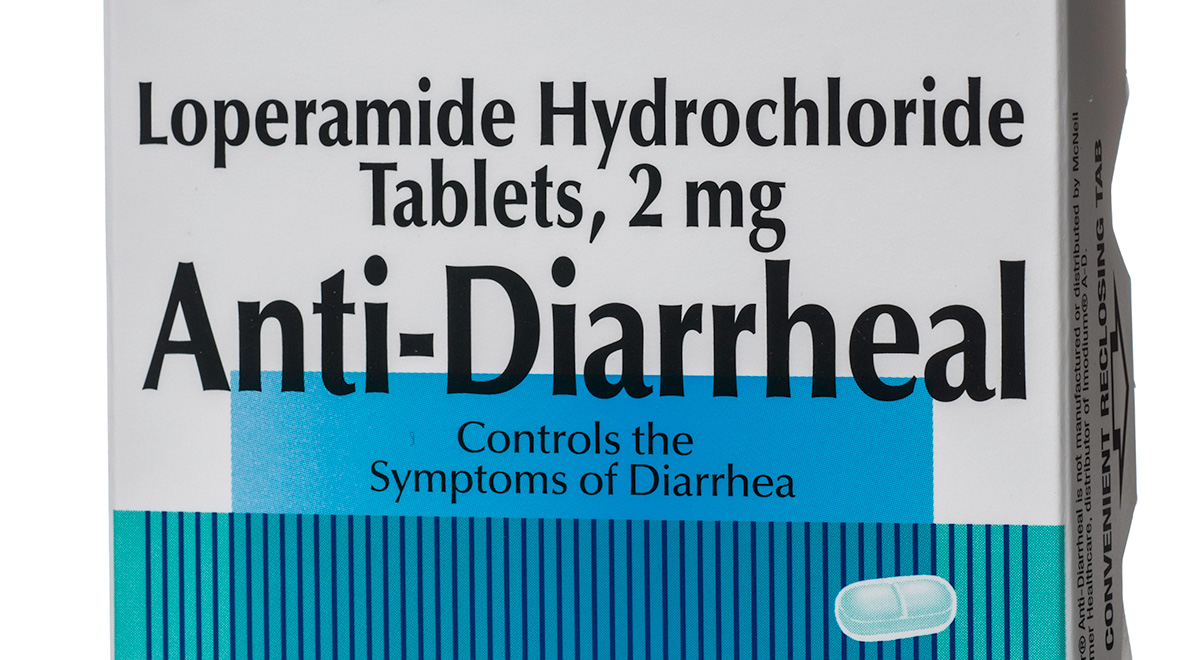Last November, paramedics in the Pittsburgh suburb of Fox Chapel were called to the home of 29-year-old Arjun Patel, where they found the young man dead. This past week, the medical examiner for Allegheny County revealed the cause of Patel’s demise: an overdose of a common, over-the-counter diarrhea medication containing loperamide.
According to a physician working at a local poison control center, Patel’s case represents a growing and alarming trend: loperamide abuse. Emergency physician Dr. Michael Lynch says he has seen an increase of nearly 170 percent in calls involving loperamide overdose – and over half of those patients required hospitalization. Speaking on a local television news affiliate, Dr. Lynch said, “We are seeing people take 60 to 100 to a couple hundred of pills in a day.”
Loperamide is the active ingredient in common, over-the-counter diarrhea medications such as Imodium A-D. First developed in 1969, it is often prescribed or used by people suffering from gastroenteritis and inflammatory bowel disease as well as occasional bouts of diarrhea. It is included on the World Health Organization’s List of Essential Medicines and generally considered one of the safest and most effective medications for this purpose. At normally recommended doses, side effects are minor and infrequent.
It is also an opioid – and therein lies the root of a growing problem.
Since these medications do not normally require a prescription and can be purchased for around .30¢ per pill (less for generic versions), opioid addicts can easily obtain hundreds of doses, which they use simply to get “high.” However, that is only part of the equation. It is also what the Washington Post describes as “the poor man’s methadone.” As prescription opioids become more difficult to obtain as regulations tighten, people struggling with addiction to drugs such as morphine, heroin, and hydrocodone have discovered that loperamide can provide relief for withdrawal symptoms. Unfortunately, at high doses, loperamide can cause serious heart damage and respiratory distress, affecting the central nervous system – with potentially fatal consequences.
In response to this growing crisis, the FDA has requested manufacturers of diarrhea to repackage their products into single doses. The agency’s current head, Dr. Scott Gottlieb, has also asked online distributors of loperamide to “take voluntary steps” in curbing abuse. If this does not help to address the problem, it is possible that loperamide will be removed from drugstore shelves (as was the case with pseudoephedrine, a decongestant used in the manufacture of methamphetamines) and moved behind the counter, which would require patients to request it from a pharmacist.

